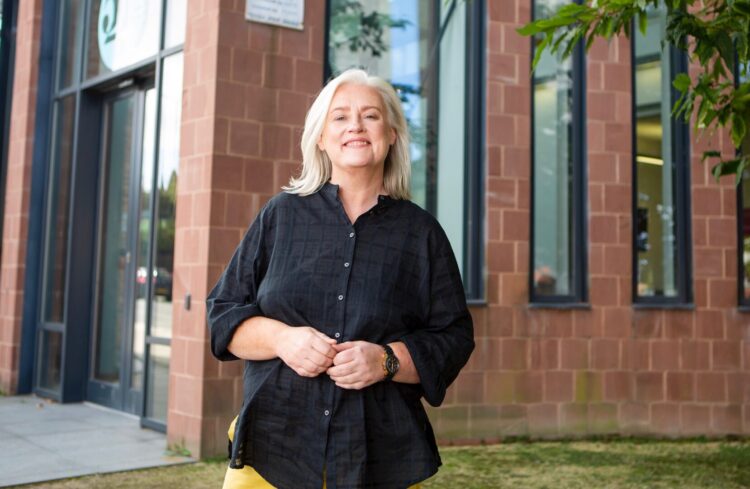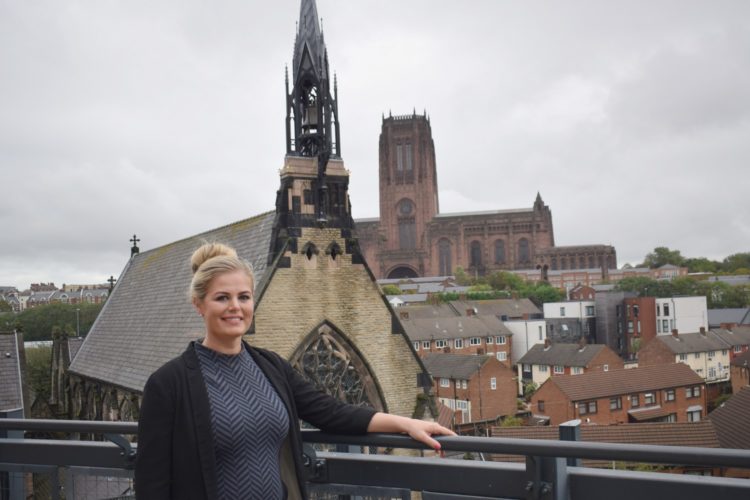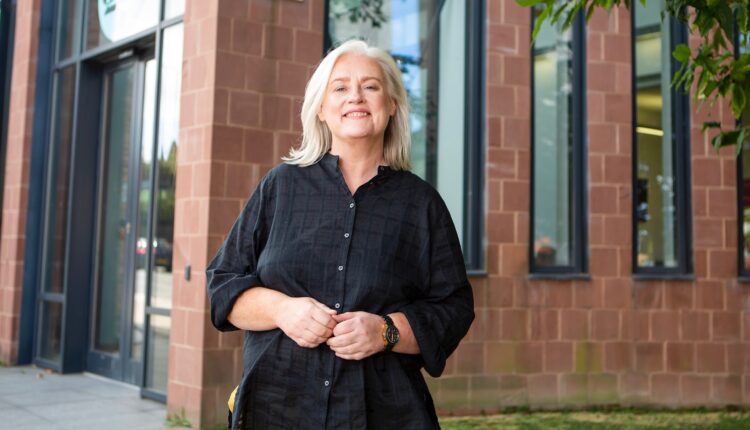Women’s Organisation sees demand soar during pandemic
Since the first COVID-19 lockdown in March 2020 experts at Liverpool social enterprise The Women’s Organisation have helped more than 7,500 individuals and businesses. Tony McDonough reports

Liverpool social enterprise The Women’s Organisation says demand its advice and business support services has doubled during the COVID-19 pandemic.
Since the first lockdown began in March 2020, more than 7,500 individuals and businesses have contacted The Women’s Organisation, based in the Baltic Triangle, for support from its various programmes which include the Liverpool city region Enterprise Hub service.
Its multi-skilled team adapted quickly to support the thousands of businesses and individuals who rely on their advice, expertise, and guidance. Just two days after the lockdown announcement its held its first online session via Zoom.
The Planning for Business session was hugely popular, with attendees signing up to continue to make their self-employed dreams a reality despite the restrictions that had been put in place.
As the pandemic worsened the demand for The Women’s Organisation services began to increase as women began to look for support as they adapted to the changing world and needed urgent business advice. As the country shut down, The Women’s Organisation changed tack.
In the past 12 months, the organisation has delivered:
- More than 150 online courses, webinars and workshops.
- Helped 1,162 businesses to access more than £12.5m in business finance and grants.
- Provided more than 1,600 virtual businesses appointments to help women start, sustain or grow their business.
- Submitted seven research and policy papers to Government.
As a result of its efforts, 92% of clients reported a positive impact. Chief executive Maggie O’Carroll said: “From the very start, we had no idea how long the effects if COVID-19 would last, but we knew we had to galvanise our response and services for our clients and reach out to those facing an uncertain future.
“While other organisations within in the business support arena had put their staff on furlough, we realised we had to put our pedal to the metal to help people and their businesses to make it through.’’
Research has shown that the pandemic has had a disproportionate effect on women. Not only have they been leaving their workplaces at four times the rate of men, that have also shouldered the burden of childcare and home-schooling with many schools and nurseries forced to close for long periods.
This, says The Women’s Organisation, created an environment where one in four women became forced to consider downshifting their career or leaving their position. For some this was a chance to look at how they could start their own business.
Spurred on by the enthusiasm and drive clients were showing in the face of adversity, a digital programme of more than 150 training courses, workshops and webinars were rolled out, business advisers offered appointments via Zoom, WhatsApp or phone
Expert advice was made readily available and one-to-one calls and mentoring provided individual support along with online group workshops and informal business Q&A style discussions.
Francine Taylor, business advice team coordinator at The Women’s Organisation, added: “The past year has seen huge change in the way we support our clients, and our flexible approach means we are able to offer the same level of wraparound support for women starting a new business or looking for some help with their current enterprise.

“The most noticeable difference between start up and business growth throughout 2020 was the lack of financial support. Without our expert help and guidance many women may have been unable to access loans and grants as the usual pathways were closed.
“I am proud to look back on the last 12 months and see that not only did we continue to support women in business, but that we saw a 50% increase in those accessing our services who were able to the help they needed, despite these very difficult times.”
Among the policy papers submitted to Government was Rethinking the Economy for an Inclusive and Sustainable Future, published in October 2020, and the State of Small Business Britain 2020 report written with The Enterprise Research Centre.
Ms O’Carroll added: “This virus has laid bare the already entrenched inequalities in our society, which have only been exacerbated by the measures to tackle COVID-19. It is vital to redress this balance and to make sure that women and other groups are properly protected and supported to reach their potential and play full roles in social and economic life.
“Businesses must quickly adapt, and adopt gender-inclusive workplace policies and practices, including flexible work arrangements and family-friendly workplaces that will in turn, encourage a more balanced share of care and family responsibilities between women and men.’’
You can speak to the Enterprise Hub team via en***********@*******rg.uk or 0151 706 8113. Enterprise Hub is part funded by European Regional Development Fund and is free to access.

